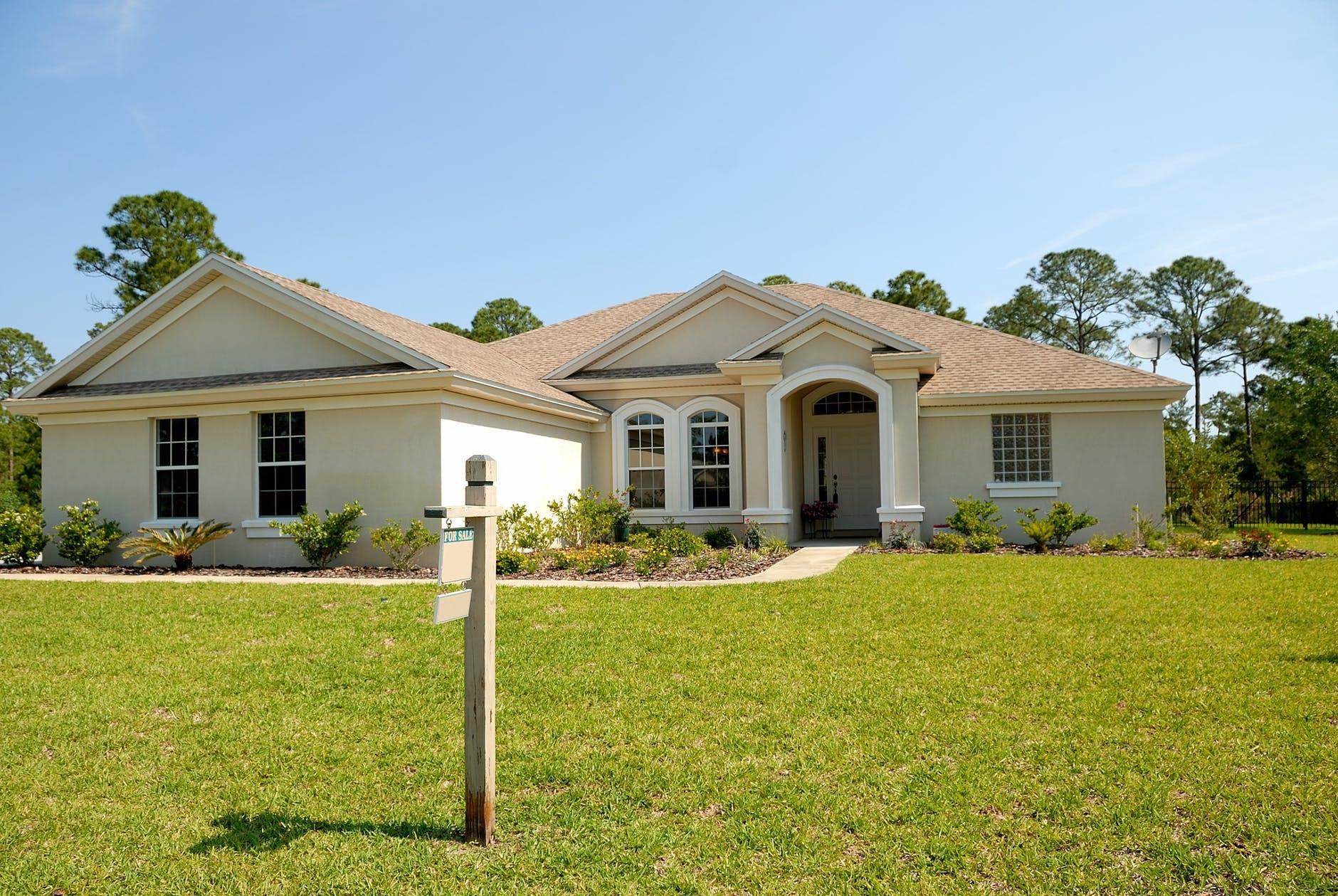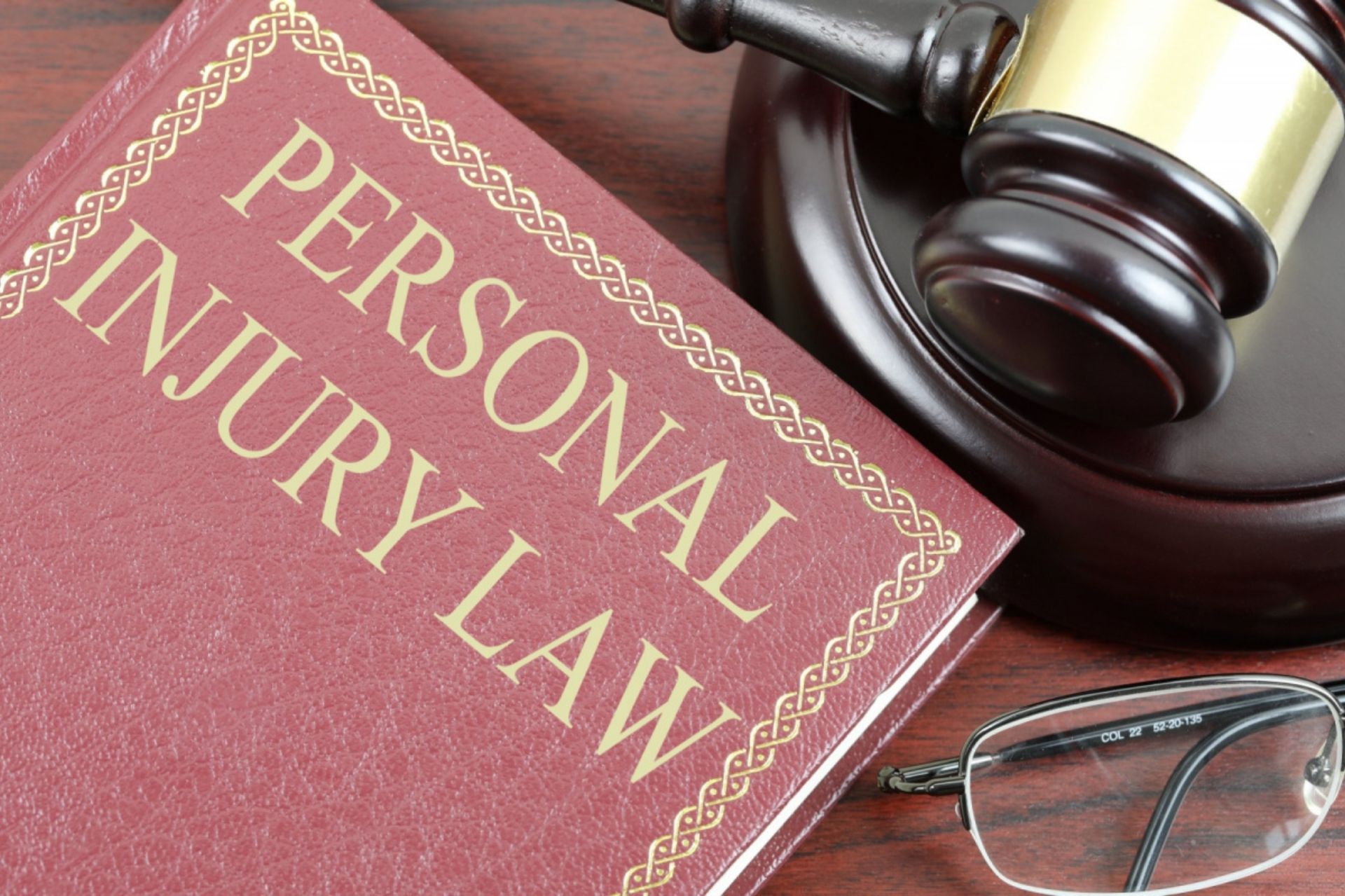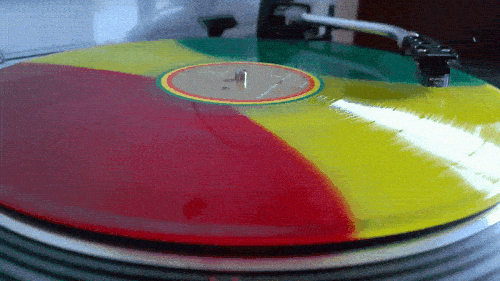This guide discusses the pros and cons of paying off your mortgage early and discusses what should be considered before making your decision. The majority of homeowners wish to own their properties outright. Your mortgage probably is the most significant debt you will ever have, and getting rid of it will feel like you have taken off the shackles – you will find peace of mind and, who knows, maybe even need to have a small party to celebrate.
Perhaps paying off your mortgage early sounds like an appealing idea. However, there are many things to be considered before you make this decision. People might find that their savings rate is lower than their mortgage interest rate, so paying down the mortgage debt may be a wise step. But on the other hand, if the mortgage is a cheap one taken out in the past, it might seem sensible to let the loan run its course and put the money into savings, investments, or a pension account.
Let’s go into this properly.

Pros Of Early Mortgage Payment
Limited income
Generally speaking, after figuring out what your mortgage payment plan is with the help of a mortgage payment calculator, you’d most likely realize that your mortgage payment will be a significant portion of your monthly expenses. If it is eliminated, the amount of money needed for monthly expenses is significantly reduced.
Interest savings
A home loan over the long term may end up costing thousands or even tens of thousands of dollars, depending on its size and length. If you pay off your mortgage early, you save future income. Although you will indeed have to forgo the tax deduction for mortgage interest, the savings on debt servicing can still be substantial.
Predictable return
Investments may increase or decrease in value. Indeed, stopping paying interest on a loan can be similar to receiving a risk-free return equal to the interest rate. Being somewhat confident in earning a return above the mortgage rate does not mean that you are confident you will earn that rate. There is also the risk of loss.
Equity to Cash
The more you pay on your mortgage, the greater the equity you will have in your home, and the greater the opportunities you will have to leverage that equity. You can obtain a home equity line of credit or refinance to get cash out in the future. You may be able to use the loan proceeds from these new loan options for home renovations, emergency costs, or investing in another property.
Cons Of Early Mortgage Payment
Insufficient retirement savings
You should certainly contribute more to your 401K, IRA, behavior, or other retirement accounts if you aren’t doing so already. These savings accumulate tax-deferred until withdrawn.
Insufficient cash reserves
Experts recommend that one should have three to six months’ worth of savings in the event of an emergency. You don’t want to end up house rich but bankrupt by paying off your mortgage on the back of all your savings.
Higher-interest debt
Before you pay off your mortgage, pay off any higher interest loans, especially those not tax-deductible, such as credit card debt.
Opportunity costs
Making comparisons between your mortgage interest rate and the after-tax rate of return on a low-risk investment of a similar term to your mortgage can help you determine whether equity investing is preferable or not. If your mortgage is less than what you earn, you may wish to keep it.
Diversifying your investments
Maintaining the mortgage allows you to make more investments in other asset classes and moreover, excessive concentration, even when using a historically stable structure as a home, carries its risks.
After assessing the pros and cons, you may be considering whether you should overpay your mortgage or not. Let’s talk about this.

Should I Overpay My Mortgage?
If you have spare money, you might consider making overpayments on your mortgage. Nonetheless, it is worth examining your spending habits and financial goals. You want to feel genuinely secure with your money, but this may not always coincide with what a calculator or article might suggest. Here are some suggestions to assist you in evaluating whether it is a feasible option:
-
If you tend to spend too much and have difficulty keeping money in the bank, then this is a behavior that is unlikely to change. You should plan around it. If an extra amount will blow through anyway, then perhaps it is better to put it into your mortgage so that you will not be able to spend it.
-
Accordingly, if you are disciplined about your finances, it is best to overpay on an ad hoc basis from time to time. This way, you can stop paying once you have a surprise bill.
-
If owing debts stresses you out, paying off your mortgage loan as quickly as possible will enable you to sleep at night.
-
If you are someone who is motivated by options, you should consider overpaying your loan while you have some spare cash on hand. Then if your financial situation changes, you could request that your lender reverts to the usual payment schedule.
-
If you can be confident that your inheritance will pay for your mortgage, it may be best to invest in a pension instead.
How do I overpay my mortgage?
Not all lenders permit you to exceed your mortgage payments, so you should check with your lender first. Increasing your monthly payments is an excellent way to reduce your mortgage debt in the long run, but be sure you can manage this.
Be aware that mortgage rates are relatively low, especially when compared to personal loans, credit cards, and bank overdrafts. Don’t overextend yourself financially by paying off your mortgage and then getting into a higher-interest unsecured loan to make ends meet.
Check with your lender whether you may overpay, and inquire how your overpayment is applied. Some lenders calculate interest immediately after being overpaid, whereas others recalculate your mortgage payments monthly or annually.
Note that when you’ve finally repaid your mortgage, you should not put your feet up just yet. Among other things, you must ensure that your property’s paperwork is in order and decide what to do with the extra money now that you have stopped making your mortgage payments.
Some such tips include: checking if your property has been officially recorded with the Land Registry, getting a copy of the deed title to your home, getting rid of other debts, adding to any financial cushion you have, planning for your retirement, and investing hard-earned cash.

































